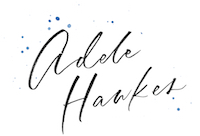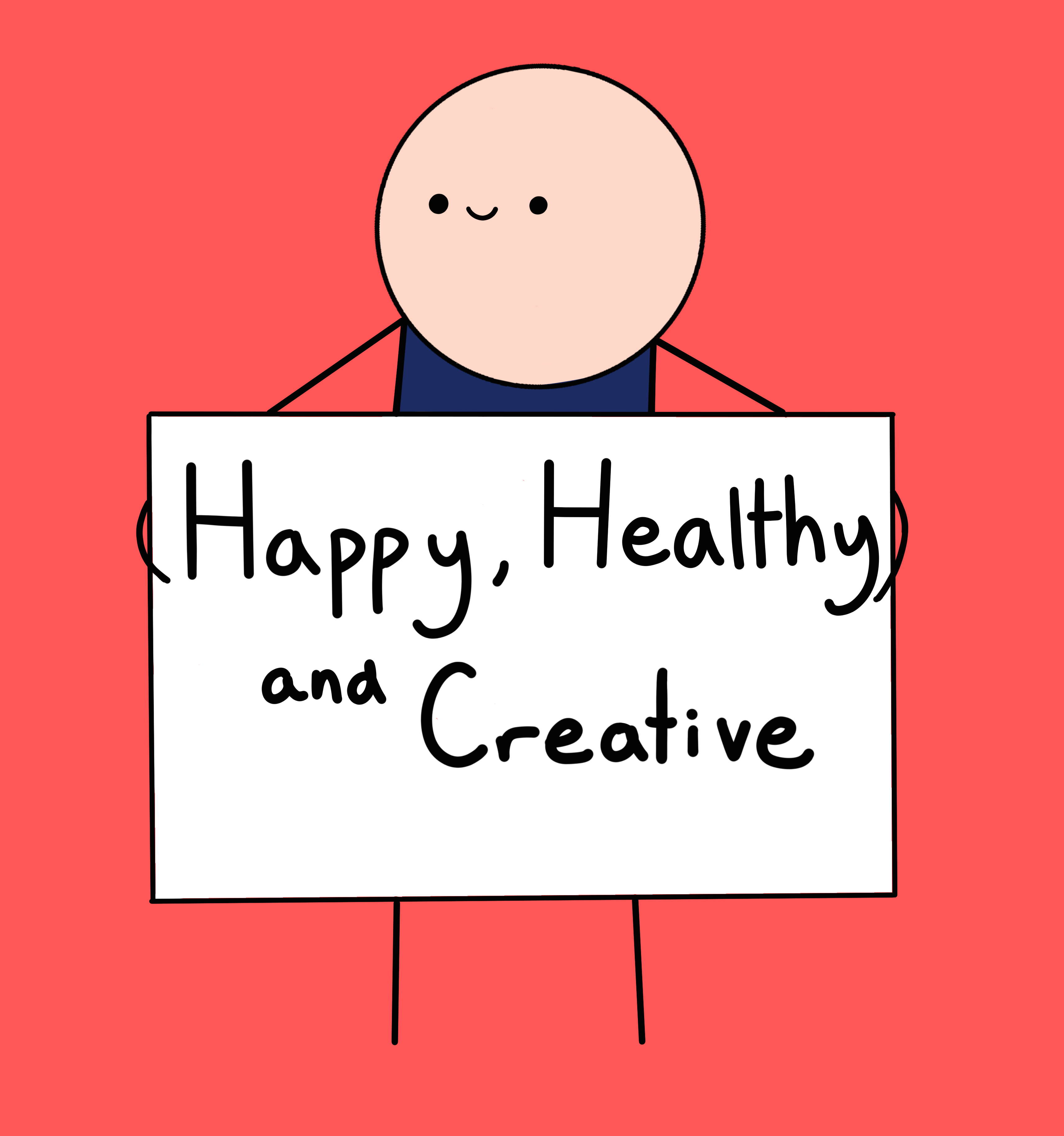What does it mean to be creative? How highly (or otherwise) would you rate your own personal creativity?
Do you think that it’s a rare gift bestowed on the chosen few? Or is it a natural capacity that we can tap into daily, in order to live a life full of meaning, engagement and pleasure?
As a positive psychology researcher, I’d argue for the latter. However, it’s fair to say that creativity and good mental health haven’t always been thought of as natural bedfellows – just consider the mad scientist, crazy inventor and tortured artist stereotypes from films, fiction and sometimes even real-life.
And yet, from a positive psychology perspective, with its focus on what makes ordinary people flourish and thrive, a very different picture of creativity emerges. It turns up as an important character strength and a pillar of psychological adaptation that allows us to solve problems as they arise.
No surprise, then, to learn that our creative skills play a big part in developing our resiliency reserves in the face of adversity and setbacks. In fact, the capacity for thinking and acting creativity is closely linked to many key well-being concepts, including (but not limited to) authenticity and self-enlightenment, finding meaning and flow, self-expression and autonomy, and even physical and psychological health improvements. Clearly it’s powerful stuff!
So it’s more of a surprise that creativity is an area in which we know very little about empirically-speaking. In fact, historically, it’s sat on the periphery of psychology research. This can be explained, in part at least, by the pre-Christian notion that creativity was ‘a gift from the gods’ rather than a human act. In other words, it’s taken a while to see that creativity is a suitable field for scientific study. Happily, that seems to be changing now.
Nevertheless, the idea of creativity as something that is accessible only to those who possess incredible talent in the arts or significantly push forward humanity with their inventiveness persists. We might even stop thinking of ourselves as creative at all. Certainly, this was my own experience. I come from a family of extremely artistically talented people – my husband is one the world’s best known aerial photographers, my brother is an incredible computer animator who works on big-budget films, my son’s ability to draw and create in a style all of his own has blown me away since he was very small (he’s the one who draws the simple and gorgeous little people I use for my presentations). Given that my own ability to create art is (to put it politely) ‘limited’, a few years ago the idea of thinking of myself as creative was laughable.
But what if it’s perfectly possible to make a creative contribution without being brilliant in one of these ways? What if it can be found in the more prosaic, everyday actions that we all take, such as baking or gardening or arranging a room? What if it can help us approach a difficult situation or tackle obstacles in a better way? What if it’s characterised by freedom of thought and the original interpretation of experience? What if it’s a skill we all have and can hone to keep our perceptions fresh and our judgements insightful?
And what if, by tapping into our innate creativity, we can make life more interesting and fulfilling? Certainly, in terms of flourishing, creativity and well-being go hand-in-hand. In fact, recent research suggests that the two interact in a cyclical manner, creating an upward spiral so that as we increase our creativity we boost how happy we feel and vice versa. (If you’re interested, ask me about the ‘broaden-and-build’ theory, because this fits in perfectly!)
Our everyday creativity is an essential component of how we adjust to new and novel circumstances. For many of us, whether we realise it or not, it’s had to really kick in during the pandemic and resulting lockdowns, as we’ve navigated how to work, live, and home-school during very strange times. It’s also why I cover how to unlock and maximise creativity as part of my ‘Navigating Change’ workshops and talks.
So it really doesn’t matter that you’re not the next Salvadore Dali or James Dyson. Your creative activities, pursuits, appreciation and/or thinking can still have an incredibly uplifting and positive effect on how you experience life. If it’s a resource that’s available to us all, it’s also something we can nurture and develop, and call on to help us solve problems as and when we need to. And who of us wouldn’t benefit from that during 2020 and beyond?


